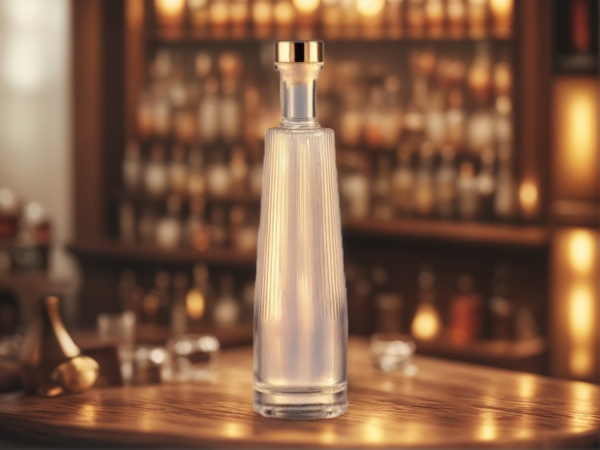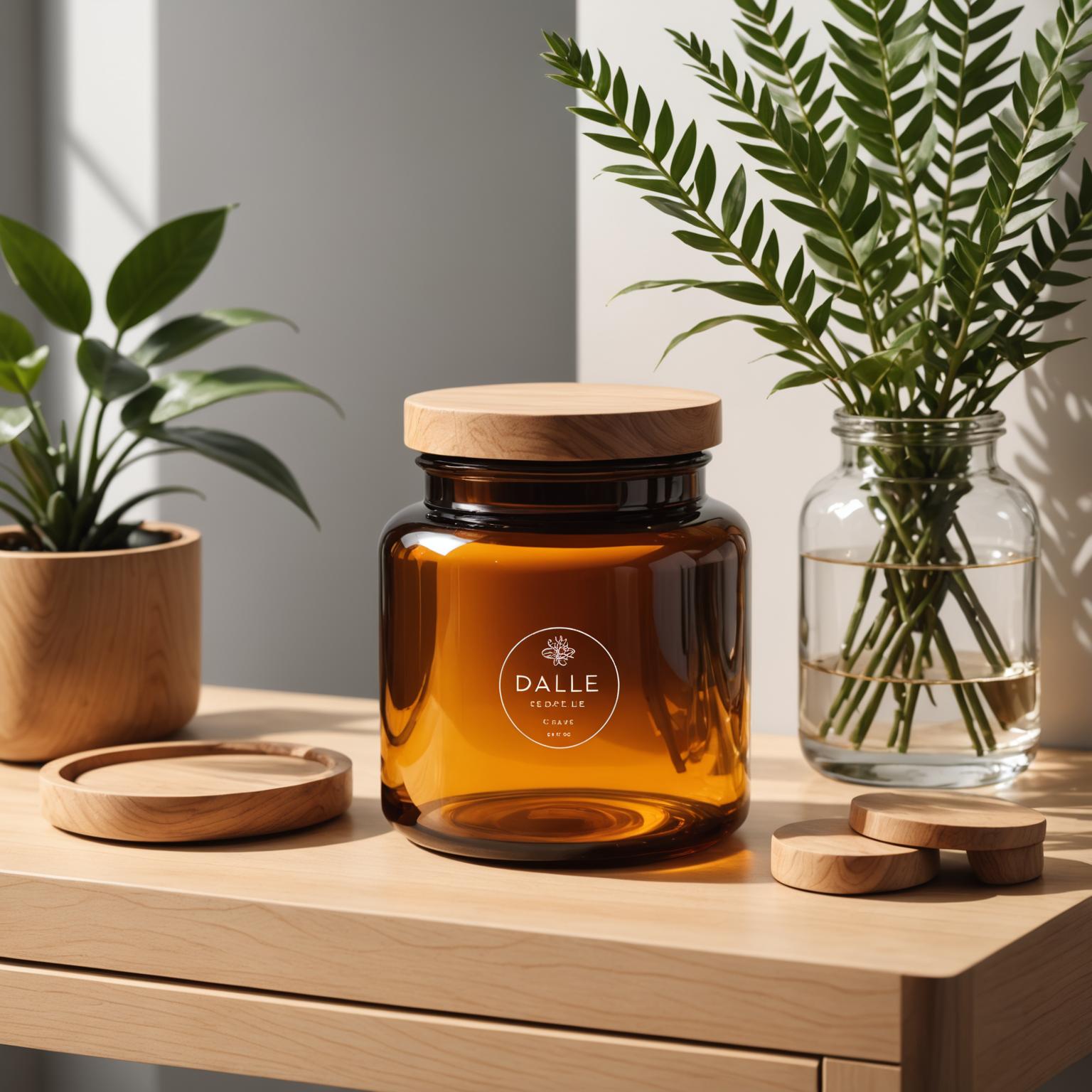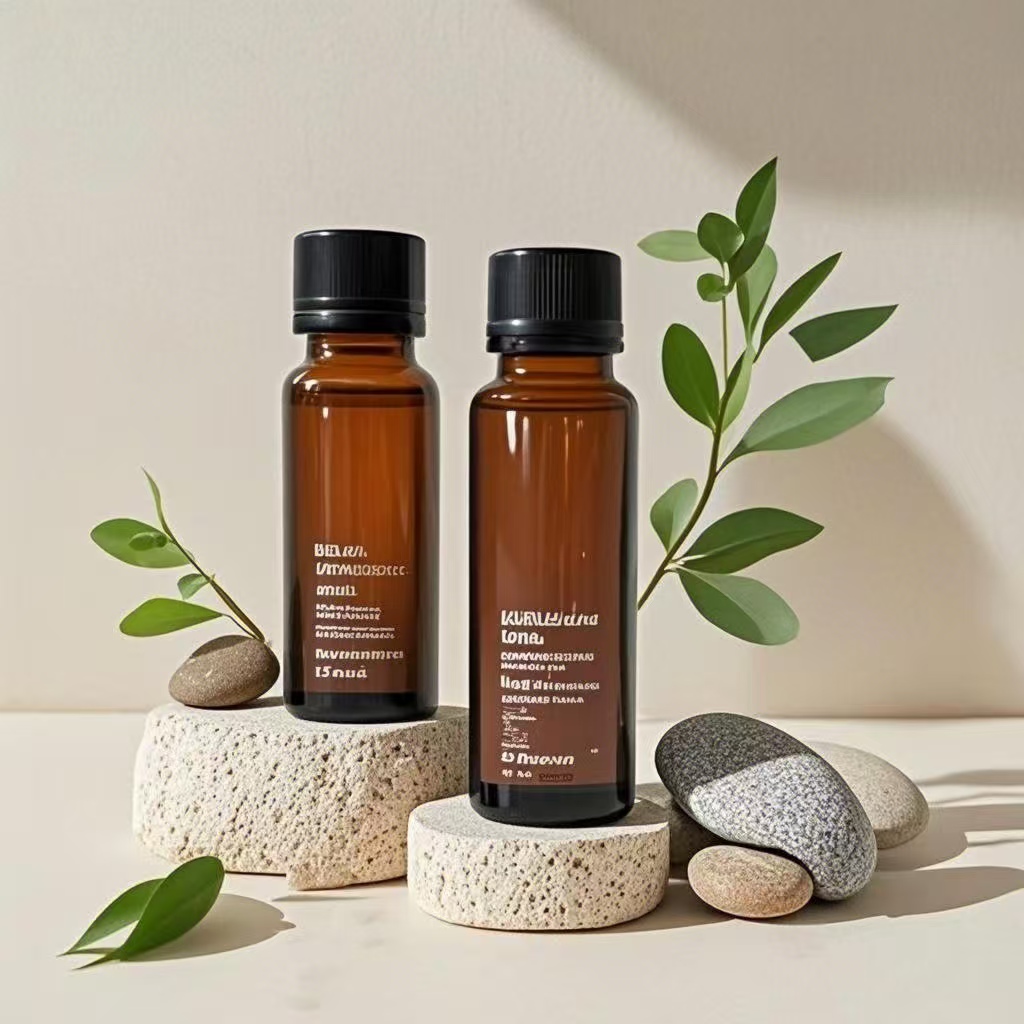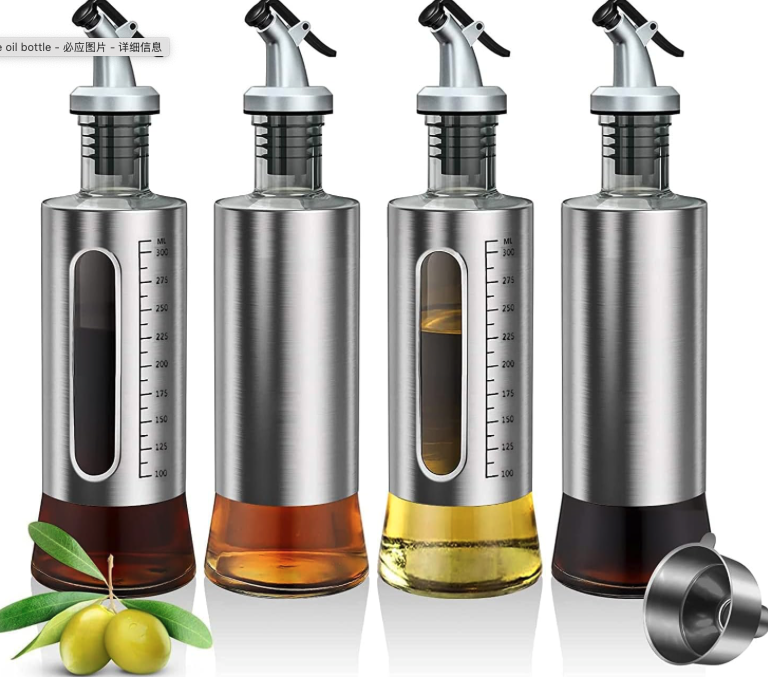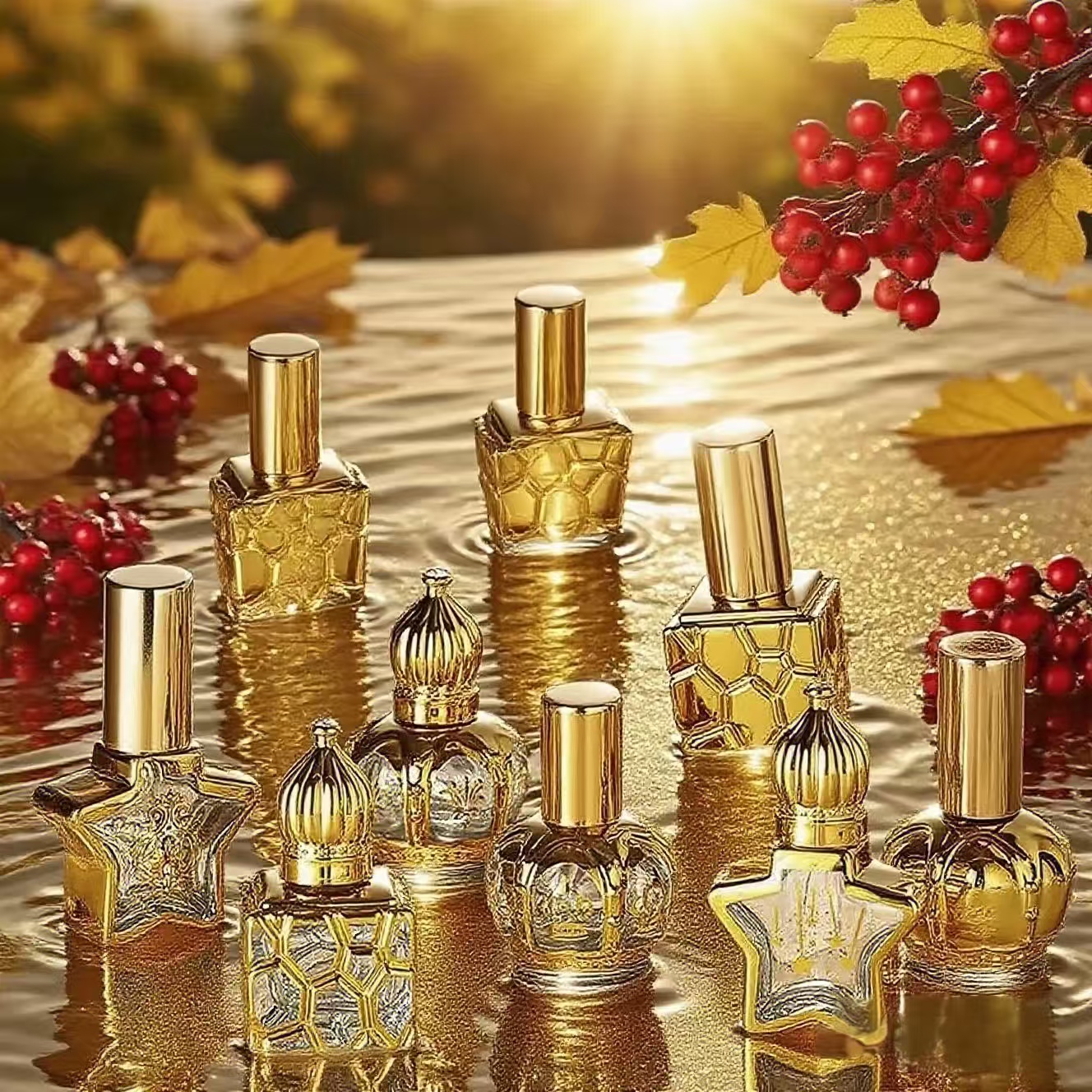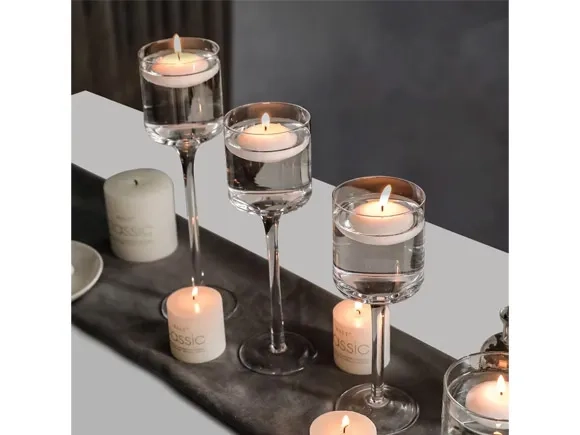In 2024, the global sustainable packaging market valued at over $200 billion is projected to grow at a CAGR of 7.5% through 2030—driven by stricter environmental regulations (like the EU’s Plastic Strategy) and consumer demand for brands that prioritize planet health. For businesses, switching to eco-friendly bottles isn’t just a “nice-to-have”; it’s a strategic move to stand out in crowded markets, build trust, and reduce carbon footprints.
Yet, with so many “green” options available, navigating the wholesale landscape can be overwhelming. Terms like “wood composite,” “sugarcane-based,” and “PLA wooden composite” are often thrown around, but what do they really mean? How do they compare in sustainability, cost, and functionality?
This guide focuses on three key segments that are gaining traction in Google searches and consumer preference: wood composite eco-bottle factories (specializing in hybrid materials), sugarcane-based large bottle wholesalers (leveraging plant waste), and PLA wooden composite bottle wholesalers (combining biodegradability with durability). By the end, you’ll understand their unique value propositions, how to vet suppliers, and why partnering with the right one can elevate your brand’s eco-credentials.
1. Wood Composite Eco-Bottle Factories: Blending Durability with Eco-Consciousness
Wood composite eco-bottle factories are at the forefront of sustainable packaging innovation, merging wood fibers with recycled or plant-based polymers to create bottles that are both sturdy and environmentally friendly. Unlike traditional plastic bottles (which rely on fossil fuels and take centuries to decompose) or pure wood containers (which are heavy and prone to water damage), wood composite bottles strike a balance—making them a top choice for brands in cosmetics, aromatherapy, and premium beverages.
What Is a Wood Composite Eco-Bottle?
At its core, a wood composite eco-bottle is made from a hybrid material: 30-50% wood fibers (often sourced from FSC-certified forests or wood waste from furniture/construction industries) mixed with recycled PET (rPET), PLA (polylactic acid, a plant-based polymer), or other biodegradable resins. The wood fibers add structural strength and a natural, tactile finish, while the polymer binding agent ensures the bottle is leak-proof and resistant to moisture.
Wood composite eco-bottle factories use a specialized extrusion or injection-molding process to combine these materials. Unlike pure plastic production, this process requires less energy (up to 25% less than traditional PET manufacturing) because wood fibers act as a filler, reducing the amount of polymer needed. Additionally, many factories prioritize closed-loop systems, recycling water and excess material to minimize waste.
Environmental Benefits of Wood Composite Eco-Bottles
For brands targeting eco-conscious consumers, the environmental perks of wood composite bottles are a major selling point—and a key factor in Google search rankings (users often search for “low-carbon footprint packaging” or “recyclable wood bottles”). Here’s how they stack up:
- Reduced Fossil Fuel Dependence: By replacing a portion of plastic with wood fibers (a renewable resource), these bottles cut down on the use of petroleum-based polymers.
- Lower Carbon Emissions: Wood fibers absorb CO2 during growth, and the production process emits 15-30% less CO2 than traditional plastic bottles, according to a 2023 study by the Sustainable Packaging Coalition.
- Recyclable & Compostable Options: Most wood composite bottles are recyclable in standard plastic recycling streams (if mixed with rPET) or home-compostable (if mixed with PLA), breaking down in 6-12 months in compost conditions.
- Waste Reduction: Factories often use wood waste (e.g., sawdust, offcuts) that would otherwise end up in landfills, giving new life to pre-existing materials.
Ideal Use Cases for Wood Composite Eco-Bottles
Wood composite eco-bottle factories cater to a range of industries, but their unique properties make them especially well-suited for:
- Aromatherapy & Essential Oils: The natural wood finish aligns with the “wellness” vibe of essential oil brands, and the material is non-reactive (safe for storing oils).
- Premium Cosmetics: Brands like Lush and Aesop have popularized natural packaging, and wood composite bottles add a luxury touch without the environmental cost of glass (which is heavy and energy-intensive to transport).
- Craft Beverages: Small-batch breweries and cold-pressed juice companies use wood composite bottles to differentiate their products, as the material is lightweight (reducing shipping emissions) and durable enough to withstand carbonation.
How to Choose a Reputable Wood Composite Eco-Bottle Factory
When searching for a wholesale partner, prioritize factories that can prove their sustainability claims—Google’s algorithm favors brands with transparent, verifiable eco-credentials. Here are key questions to ask:
- Material Sourcing: Do you use FSC-certified wood fibers or recycled wood waste? Can you provide documentation?
- Production Practices: Do you use renewable energy (e.g., solar, wind) in your factory? What is your waste reduction rate?
- Testing & Certifications: Are your bottles BPA-free? Have they been certified by organizations like the USDA BioPreferred Program or TUV Rheinland for sustainability?
- Customization: Can you produce bottles in different sizes (100ml to 1L) or add custom branding (e.g., embossing, labels)?
Top wood composite eco-bottle factories often showcase their certifications and production processes on their websites—look for these details to ensure you’re partnering with a genuine sustainable supplier.
2. Sugarcane-Based Large Bottle Wholesalers (Sustainable): Plant-Powered Packaging for Bulk Needs
For businesses requiring large-format bottles (1L to 5L) — such as household cleaners, liquid soaps, or bulk food products — sustainable sugarcane-based large bottle wholesalers offer a game-changing alternative to traditional HDPE (high-density polyethylene) plastic. Sugarcane-based bottles are made from ethanol derived from sugarcane waste (bagasse), a renewable resource that captures CO2 during growth, making them a carbon-negative packaging solution.
What Are Sugarcane-Based Large Bottles?
Sugarcane-based large bottles are part of the “bio-based plastic” category, but they’re not just “greenwashed” traditional plastic. Here’s how they’re made:
- Sugarcane Processing: After sugar is extracted from sugarcane, the remaining fibrous waste (bagasse) is converted into ethanol through fermentation.
- Polymer Production: The ethanol is then processed into ethylene, which is polymerized to create bio-based HDPE (bio-HDPE) — a material with the same durability and functionality as petroleum-based HDPE.
- Bottle Manufacturing: Sustainable sugarcane-based large bottle wholesalers use injection molding to shape the bio-HDPE into large-format bottles, which are then tested for leak resistance, chemical compatibility, and strength.
The key difference? Unlike petroleum-based HDPE, which releases CO2 when produced, sugarcane-based HDPE sequesters CO2 — each kilogram of sugarcane-based plastic removes approximately 2.4kg of CO2 from the atmosphere, according to Brazil’s Sugarcane Industry Association (UNICA).
Why Choose Sugarcane-Based Large Bottles for Wholesale?
Large bottles are often associated with high plastic usage, so switching to sugarcane-based options is a visible way for brands to demonstrate their sustainability commitment. Here are the top benefits that drive Google searches for “sugarcane bulk bottles”:
- Carbon Negative Impact: As mentioned, sugarcane absorbs CO2 during growth, and the production process offsets more emissions than it creates — a major selling point for eco-conscious consumers and B2B partners.
- Functionally Identical to Traditional HDPE: Sugarcane-based large bottles have the same strength, flexibility, and chemical resistance as petroleum-based HDPE. They’re safe for storing liquids (including harsh cleaners) and can be recycled in standard HDPE recycling streams.
- Scalability: Sugarcane is one of the most widely grown crops globally (with major producers in Brazil, India, and Thailand), so wholesalers can easily meet large-volume orders — ideal for big-box retailers or industrial clients.
- Brand Differentiation: Labels like “Made from Sugarcane Waste” or “Carbon-Negative Packaging” stand out on store shelves and e-commerce listings, driving customer loyalty and increasing click-through rates from Google searches.
Industries That Benefit Most from Sugarcane-Based Large Bottles
Sustainable sugarcane-based large bottle wholesalers primarily serve industries that rely on bulk packaging. Some of the most common use cases include:
- Household & Industrial Cleaners: Brands like Seventh Generation and Method use sugarcane-based bottles for their 2L+ cleaner bottles, as the material is resistant to harsh chemicals and easy to recycle.
- Bulk Food & Beverages: Organic juice companies, plant-based milk brands, and bulk olive oil suppliers use sugarcane-based large bottles to package their products, aligning with their “natural” brand identity.
- Personal Care (Bulk): Salons and spas often buy 5L bottles of shampoo or conditioner for refilling smaller bottles — sugarcane-based options reduce their plastic footprint without sacrificing functionality.
Vetting Sustainable Sugarcane-Based Large Bottle Wholesalers
Not all sugarcane-based bottle wholesalers are equally sustainable. To avoid greenwashing and ensure you’re partnering with a genuine supplier, focus on these criteria:
- Sugarcane Sourcing: Do you source sugarcane from certified sustainable farms (e.g., Bonsucro-certified)? Avoid wholesalers that use sugarcane linked to deforestation.
- Recyclability: Are your bottles labeled for curbside recycling? Can you provide data on their recyclability rate in real-world conditions?
- Transparency: Do you publish a sustainability report or carbon footprint audit? Reputable wholesalers are open about their production processes and environmental impact.
By prioritizing these factors, you’ll not only make a more sustainable choice but also improve your brand’s credibility in Google searches and consumer reviews.
3. PLA Wooden Composite Bottle Wholesalers: Biodegradability Meets Natural Aesthetics
PLA wooden composite bottle wholesalers combine two of the most popular sustainable materials — PLA (polylactic acid) and wood fibers — to create bottles that are fully biodegradable, visually appealing, and functional. Unlike wood composite bottles mixed with rPET (which are recyclable but not fully compostable), PLA wooden composite bottles break down completely in home or industrial compost, making them ideal for brands targeting zero-waste consumers.
What Is a PLA Wooden Composite Bottle?
PLA is a biodegradable polymer made from renewable resources like corn starch or sugarcane — it’s already popular in single-use packaging (e.g., straws, food containers) for its ability to decompose in compost. PLA wooden composite bottles take this a step further by mixing PLA with wood fibers (typically 20-40% wood content) to enhance strength and add a natural texture.
Here’s how PLA wooden composite bottle wholesalers produce them:
- Material Preparation: Wood fibers (often from recycled wood or FSC-certified sources) are dried and ground into a fine powder.
- Blending & Molding: The wood powder is mixed with PLA pellets, heated, and injected into bottle molds. The PLA acts as a binding agent, while the wood fibers add rigidity and a matte, wood-like finish.
- Compostability Testing: The finished bottles are tested to ensure they meet ASTM D6400 (US) or EN 13432 (EU) standards for compostability, meaning they break down into water, CO2, and organic matter within 180 days.
Key Advantages of PLA Wooden Composite Bottles
PLA wooden composite bottles are gaining traction in Google searches for “compostable wooden bottles” and “zero-waste packaging” — here’s why they’re a top choice for eco-forward brands:
- Full Biodegradability: Unlike traditional plastic or even rPET-based composites, PLA wooden composite bottles don’t linger in landfills or oceans. They decompose completely in compost, leaving no microplastics behind.
- Natural Aesthetics: The wood fiber content gives the bottles a warm, organic look that resonates with brands in the wellness, zero-waste, and artisanal sectors. They’re often used without labels (or with plant-based labels) to highlight their natural design.
- Lightweight & Durable: Despite being compostable, PLA wooden composite bottles are strong enough to withstand shipping and handling. They’re lighter than glass (reducing transportation emissions) and more shatterproof than pure PLA bottles.
- Non-Toxic: PLA is FDA-approved for food contact, and wood fibers are naturally non-reactive — making these bottles safe for storing cosmetics, herbal remedies, and even small-batch food products (e.g., honey, syrups).
Best Use Cases for PLA Wooden Composite Bottles
PLA wooden composite bottle wholesalers cater to brands that prioritize zero-waste and compostability. Some of the most common applications include:
- Zero-Waste Cosmetics: Brands like Package Free Shop and Zero Waste Home use PLA wooden composite bottles for serums, lotions, and face oils, as they align with their “no single-use plastic” mission.
- Herbal Remedies & Apothecary Products: Small-batch herbalists and natural medicine brands prefer these bottles for tinctures and balms, as the natural material complements their product’s “earth-friendly” identity.
- Event & Gifting: Weddings, corporate events, and gift boxes often use small PLA wooden composite bottles (50ml-100ml) for custom oils, sauces, or fragrances — guests can compost the bottles after use, reducing event waste.
How to Find Reliable PLA Wooden Composite Bottle Wholesalers
When searching for a wholesale partner, focus on suppliers that prioritize both compostability and quality. Here are critical questions to ask:
- Compostability Certifications: Do your bottles meet ASTM D6400 or EN 13432 standards? Can you provide third-party testing reports?
- PLA Sourcing: Is your PLA made from non-GMO crops? Avoid wholesalers that use PLA derived from genetically modified corn or sugarcane.
- Moisture Resistance: How do your bottles hold up to liquid products? PLA can be sensitive to moisture, so reputable wholesalers add a thin, compostable barrier to prevent leaking.
- Minimum Order Quantities (MOQs): Many PLA wooden composite bottle wholesalers have lower MOQs than wood composite or sugarcane-based suppliers, making them ideal for small businesses or startups.
How to Choose the Right Sustainable Bottle Wholesaler for Your Business
With three strong options — wood composite eco-bottle factories, sugarcane-based large bottle wholesalers, and PLA wooden composite bottle wholesalers — how do you decide which is best for your brand? Here’s a step-by-step framework to align your choice with your goals:
Step 1: Define Your Packaging Needs
- Size: Do you need small bottles (≤1L) or large-format bottles (≥1L)? Sugarcane-based wholesalers specialize in large sizes, while PLA wooden composite and wood composite factories excel at small to medium bottles.
- Product Type: Is your product a liquid (e.g., oil, cleaner) or a thicker substance (e.g., lotion, honey)? Ensure the material is chemical-resistant and leak-proof (e.g., sugarcane-based HDPE for harsh cleaners, PLA composite for gentle cosmetics).
- Volume: Do you need high-volume orders (10,000+ bottles) or smaller batches (1,000-5,000)? Sugarcane-based wholesalers often handle large volumes, while PLA composite suppliers may offer lower MOQs.
Step 2: Align with Your Sustainability Goals
- Zero-Waste Priority: Choose PLA wooden composite bottles if you want fully compostable packaging.
- Carbon Reduction Focus: Opt for sugarcane-based bottles (carbon-negative) or wood composite bottles (low-carbon).
- Recyclability Needs: If your customers prioritize curbside recycling, wood composite (with rPET) or sugarcane-based (bio-HDPE) bottles are better than PLA (which requires composting facilities).
Step 3: Consider Brand Aesthetics
- Natural/Luxury Vibe: Wood composite or PLA wooden composite bottles add a tactile, organic look.
- Clean/Modern Look: Sugarcane-based bottles have a smooth, plastic-like finish that works well for household or personal care brands.
Step 4: Vet Suppliers for Transparency
As mentioned earlier, avoid greenwashing by asking for certifications (FSC, Bonsucro, ASTM D6400) and sustainability reports. Reputable wholesalers will be happy to share this information — if a supplier is vague about their processes, move on.
Conclusion: Investing in Sustainable Bottle Wholesalers for Long-Term Success
The shift to sustainable packaging isn’t a passing trend — it’s a business imperative. By partnering with the right wholesale supplier — whether a wood composite eco-bottle factory, a sustainable sugarcane-based large bottle wholesaler, or a PLA wooden composite bottle wholesaler — you’ll not only reduce your environmental impact but also attract eco-conscious customers, improve your Google search rankings (thanks to SEO-friendly keywords like “sustainable bottle wholesaler” and “eco-friendly packaging”), and build a brand that stands the test of time.
Remember: The best sustainable packaging is one that aligns with your product, your customers, and your values. Use this guide to evaluate your options, ask the right questions, and take the first step toward a greener, more profitable future.
I can help you extract the core SEO keywords from this article and generate a tailored keyword strategy (including long-tail phrases like “FSC-certified wood composite eco-bottle factory”) to further boost your Google rankings. Would you like me to put that together for you?



